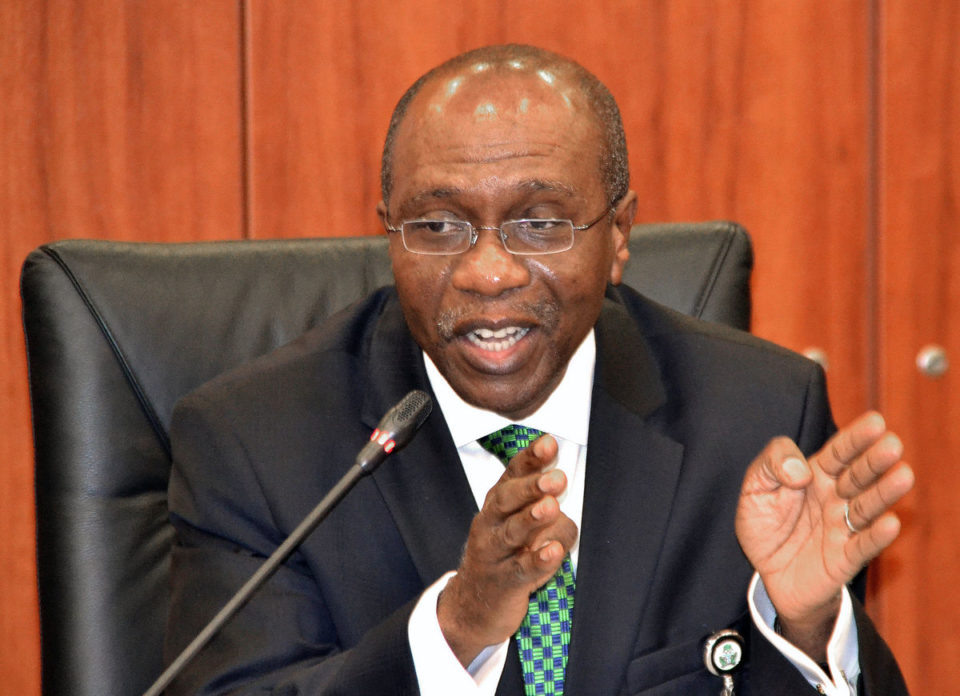
Anchor Borrowers: Farmers Owe CBN N463bn As Defaults rise
Farmers who subscribed to the Central Bank of Nigeria’s Anchor Borrowers’ Programme owed the apex bank N463bn as of the end of March 2021, data from the CBN Economic Report for April have shown.
The ABP was launched on November 17, 2015, by President Muhammadu Buhari to reverse the country’s negative balance of payments, especially in the area of food.
Beneficiaries of the programme include farmers cultivating cereals (rice, maize, wheat, etc.), cotton, roots and tubers, sugarcane, tree crops, legumes, tomato and livestock.
Loans are disbursed to the beneficiaries through deposit money banks, development finance institutions and microfinance banks, which the programme recognises as participating financial institutions.
The CBN report revealed that from the inception of the ABP in November 2015 to March 31 this year, the sum of N615.4bn had been disbursed to 3.04 million farmers.
The report, however, showed that only N152.3bn had been repaid by the beneficiaries while the outstanding loans stood at N463bn.
“For the Anchor Borrowers’ Programme, the sum of N615.4bn had been disbursed to 3,038,899 beneficiaries, out of which N152.3bn was repaid,” it said.
The Economic Confidential had in August reported that the CBN’s unpaid loan as of November 2020 stood at N378.5bn.
As of the period, the apex bank had disbursed a total of N497.2bn to finance 2.3 million projects under the programme, but received only N118.7bn in repayment.
According to the CBN’s guidelines for the ABP, the broad objective of the programme is to create economic linkage between smallholder farmers and reputable large-scale processors with a view to increasing agricultural output and significantly improving capacity utilisation of agricultural firms.
Economic experts, who reviewed loan repayments under the programme, linked rising default rate to rising insecurity in certain parts of the country, especially the food-producing states.
An economist and Chief Executive Officer of SD&D Capital Investment, Gbolade Idakolo, said while the initiative was commendable, its success, which could be measured by the repayment rate, was being hampered by the security problems in the country.
Another economist and the Managing Director, Cowry Asset Management Limited, Johnson Chukwu, also said the programme’s effectiveness was limited by the rising wave of insecurity in the country.
